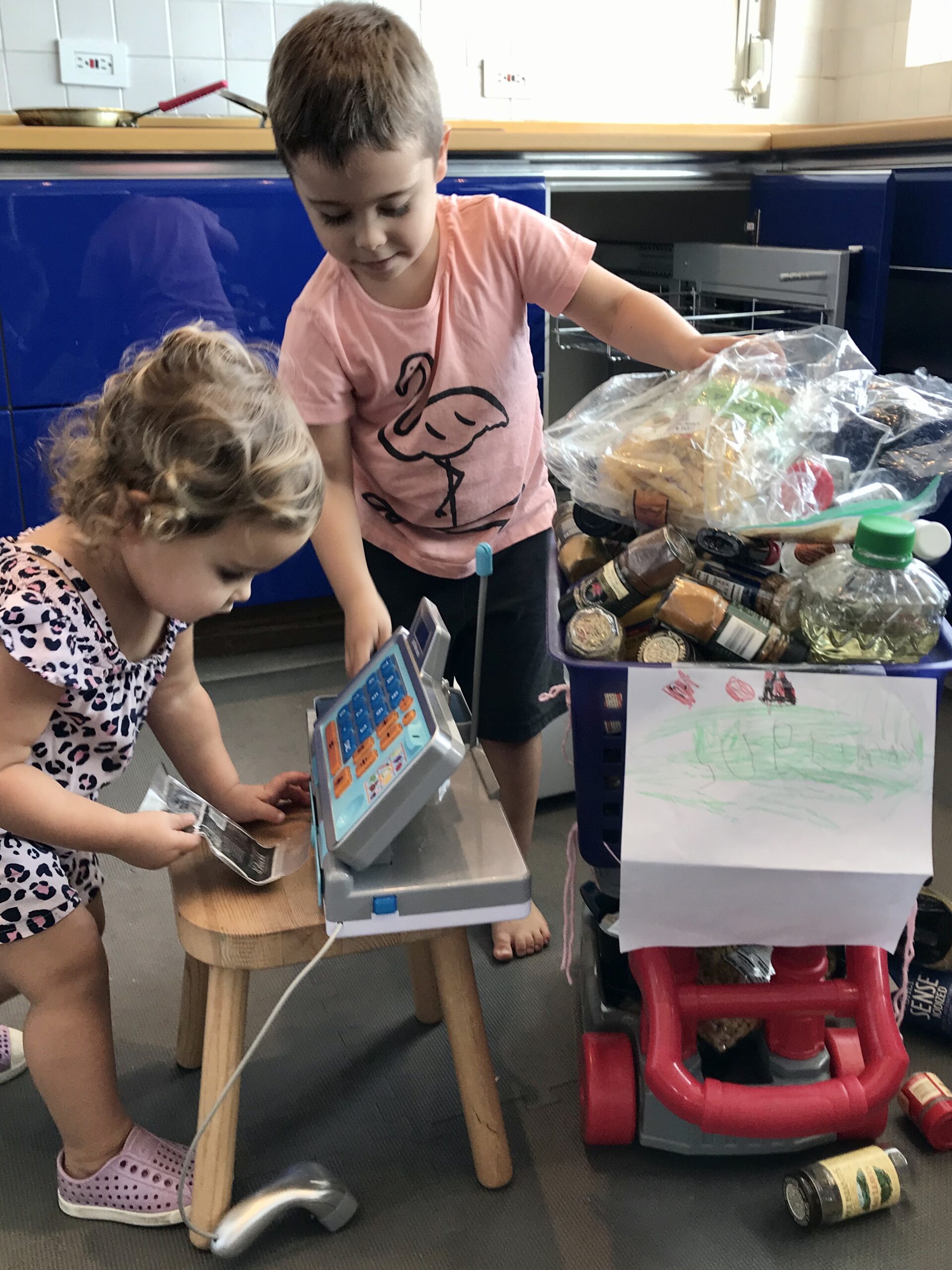So your child has just transitioned to online schooling. Now what? As school closures continue to extend indefinitely across the globe due to COVID-19, many caregivers are unsure of where to start when it comes to homeschooling their kids. Balancing education, entertainment, and for some, medical care, can be overwhelming. Several experienced homeschoolers are here to help and offer their advice and encouragement to first-timers.
“Everything is a learning opportunity, especially when they’re younger. You want to help me cook in the kitchen? Have them measure out amounts for the recipes, or organize the spice cabinet alphabetically.”
– Kate Reilly, Homeschool Educator
Reflecting on her over eight years of homeschool experience, Kate Reilly advises “don’t stress too much about planning, instead integrate things into your daily life. Take something they actually care about and want to do and then turn that into a learning experience. And don’t sweat it too much – they’re more resilient than you think.” Reilly recommends using tools like virtual museum tours, current events, sports, and data sets to tie in lessons to history and math. With the added complication of being restricted to at-home activities, seasoned educator Jessica Kudlacek offers her take on the best ways to keep kids entertained and learning.
“Let the kids lead, let them explore and see what they’re interested in. Just let them go with it and focus in on those teachable moments.”
– Jessica Kudlacek, M.Ed., Educator
Kudlacek has been implementing tape hopscotch, bathtub legoes, and personalized board games to educate and entertain her two children, who are two and four years old. She also advises “play to the strengths of your kids. Education is not within any walls or time frame.” Kudlacek says that the most valuable lesson she has learned through homeschooling and her experience as a middle school math and science teacher is patience. When this patience is inevitably tested, both Kudlacek and Reilly agree that having a network of fellow homeschoolers to turn to for support is crucial.

We’re in this Together
Reilly believes that digital learning can sometimes put unnecessary pressure on homeschooling parents. She says, “joining a homeschool community can help with coming up with creative ways to integrate school curriculum into your everyday routine.” Caretakers are able to share ideas and offer support to one another, while giving the children a place to form bonds and create social relationships.
Though the stay at home order can make it harder to get involved with others in your area, Kudlacek has creatively navigated around this. She’s tied lessons in writing with arts and crafts, saying “I taught them how to make paper airplanes, so we’ve been sending messages back and forth to the other kids in the neighborhood. It’s been a great way to teach them the idea of sharing things with their community.” Creating a network among your neighbors or using social media to find other homeschoolers are both ways to get involved and get the support you need.
Making the Tough Decisions
While there are certainly ways to make digital education easier, many caretakers of medically complex children now have added care and education responsibilities. Luke Rosen acknowledges the tough choices that he and his family are forced to make when it comes to keeping their daughter, Susannah homebound. “Susannah gets about 20-25 therapies a week, and those providers are at school. She needs to maintain these therapies in order to not lose skills. If she stops with her physical therapy, she loses steps. Without her speech therapy, she’ll lose words.” Rosen is keeping in constant contact with these therapists in order to ensure his daughter is getting the therapies she needs to stay on track.
Valerie Jarmon is facing similar challenges after being forced to homeschool her daughter, Crosby, who has an undiagnosed genetic disorder, along with her three other children. Before the stay at home order was issued, Crosby attended a public school offering services and therapies for special needs students. “Crosby’s care has been affected by the virus pretty dramatically. Many of her therapies that were offered at her school have been cut, while some have moved to virtual appointments,” explains Jarmon. While caregivers and rare disease patients face unique challenges and stressors due to school closures, Jarmon urges people to “embrace this time at home and use it to spend quality time with your children and get to know them more. This is a unique opportunity that probably won’t present itself again.”
Take Care
Not all of us were born to be teachers. While everyone is trying their best to make a smooth transition to online schooling, our homeschool experts recommend self-care and understanding for everyone involved. Kudalcek advises, “It’s a great opportunity to teach your kids lessons in emotional intelligence. If you’re struggling, don’t be afraid to have a conversation with them about it. It’s a caretaker’s job to show their children love and compassion and just be there for them.” Whether you’re a first time homeschooler or seasoned pro, allowing for extra patience and integrating a little creativity as you transition to at-home learning can go a long way.

Stay Connected
Sign up for updates straight to your inbox.
